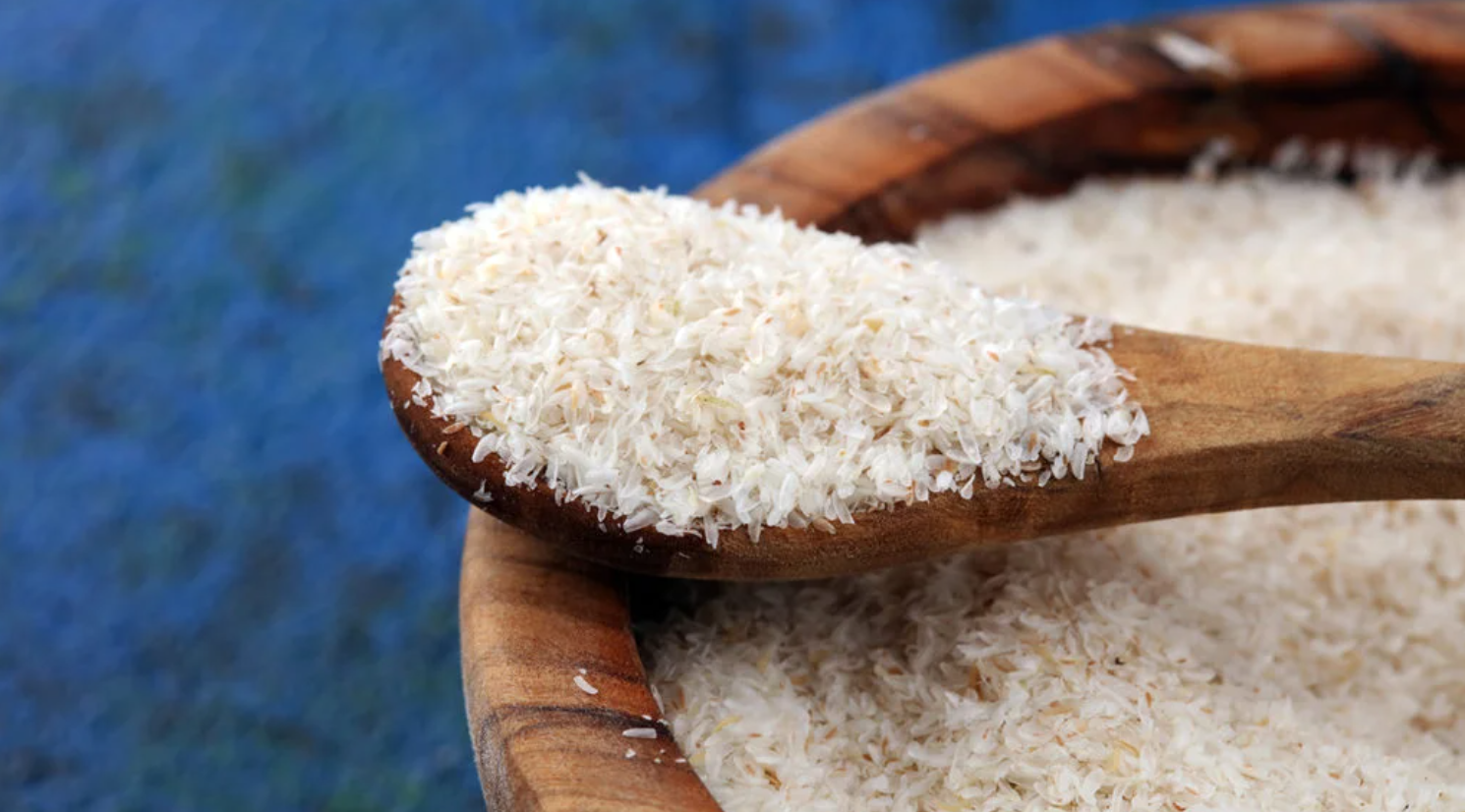Since its introduction, Ozempic has been causing a stir within the health community. Semaglutide, the active ingredient in Ozempic, has now also been found in psyllium husk and berberine. Psyllium husk, also known as Metamucil, has become the social media user’s natural alternative to Ozempic. It, too, decreases A1C and causes appetite suppression.
For psyllium husk users, feeling fuller longer has led to a suppressed appetite and, ultimately, weight loss. Berberine is an herbal supplement with Ayurvedic history. While it is not as accessible as psyllium husk, this Ozempic alternative has similar benefits. Now that Psyllium husk and berberine are the poor man’s Ozempic, here’s what we know about how they actually compare.
What Is ‘Poor Man’s Ozempic’?
Though neither of the alternatives have been compared to Ozempic via research, their accessibility is greater. Doctors have acknowledged the alternative’s ability to mimic the results of Ozempic. And, yet, they still assure users that the results differ. Where semaglutide slows down digestion, psyllium husk sits in the stomach mimicking fullness. In 2016, this supplement was the focus of a small study that confirmed its natural dietary properties. It’s recommended that users start off by stirring half a teaspoon into an 8 oz glass of water once a day.
Berberine is a combination of natural ingredients including Oregon grape and tree turmeric. As this supplement continues to gain traction in the United States, research indicates that it lowers blood sugar while reducing inflammation and cancer risks. Doctors say that it reduces glucose levels by taking more sugar into the muscle cells. Its anticarcinogenic capacity is the result of an enzyme called AMPK which is also anti-aging. Sold in powder and capsule form, doses range from 500–1,500 milligrams and are recommended to be taken two to three times a day (with meals).
How Do The Alternatives Work?
Doctors reported that an average of 15% of body weight can be lost with Ozempic while, with psyllium husk, it might be one or two percent if any at all. Because psyllium husk and berberine cause similar results, folks in search of a quicker and/or more natural way of losing weight have contributed to the nationwide shortage. Not only has Ozempic become even less accessible, so have its natural competitors. Where Ozempic helps control blood sugar, psyllium husk traps sugars in the digestive tract before they enter the bloodstream.
Despite its popularity being associated with decreased glucose levels and a slimmer waistline, psyllium husk was not created for those end results. Metamucil is meant to relieve constipation and increase regularity. Berberine, an ancient Asian home remedy, has similar benefits and was created for those reasons. Similarly, Metamucil’s fiber qualities are beneficial not only for regularity, but in lowering the risk of colon cancer. As with any pharmaceutical or supplement, there are benefits and there are side effects. Here’s what we’ve found.
What Are The Alternatives’ Side Effects?
With these alternatives, the side effects can indicate the need to reduce consumption. If you are experiencing increased bloating and gas, then doctors say, you’ve added too much psyllium husk or berberine to your diet. This supplement can also affect the efficiency of other medications like antidepressants and cholesterol lowering prescriptions. A lack of research has prevented doctors from pinpointing any side effects of berberine or how it measures up in comparison to Ozempic.
It was, however, noted that it could intensify the effects of any hypoglycemic medication. Doctors have also advised against women who are breastfeeding, pregnant or are trying to become pregnant from taking the herbal supplement. It is recommended that you consult with your doctor before incorporating anything new into your regimen.
